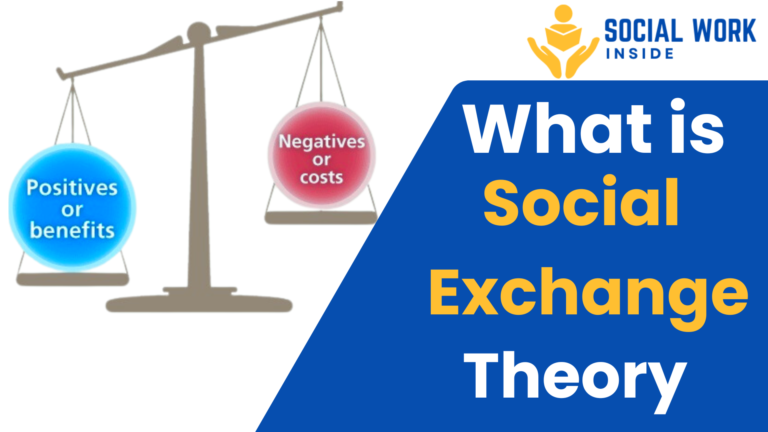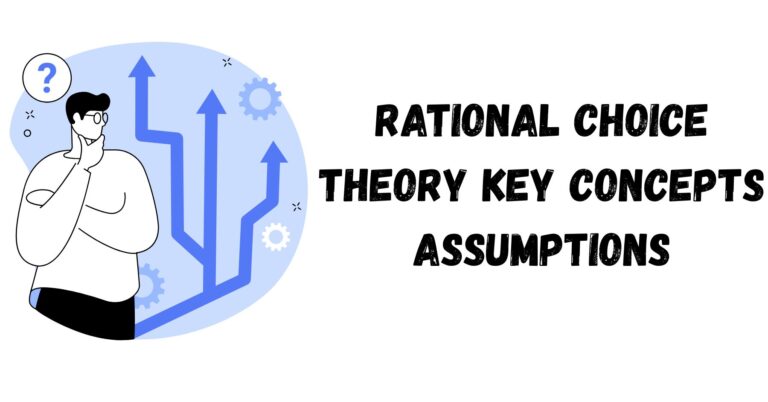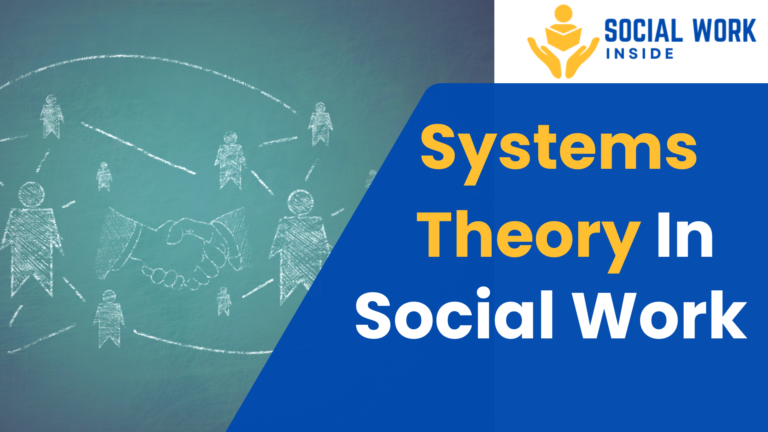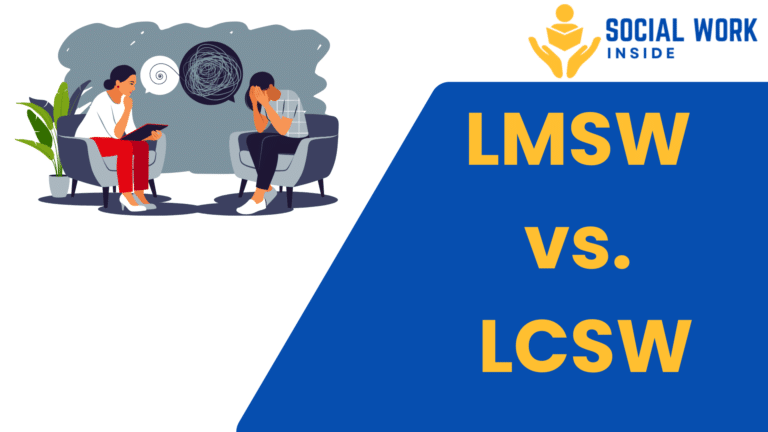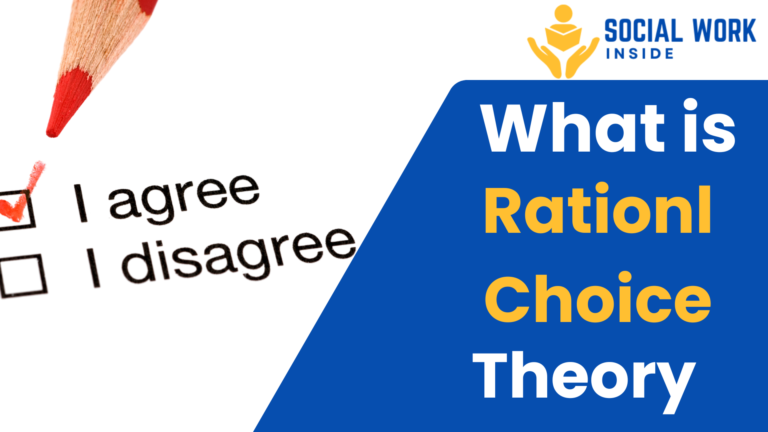Illinois Social Work License Requirements: Become a social worker in Illinois
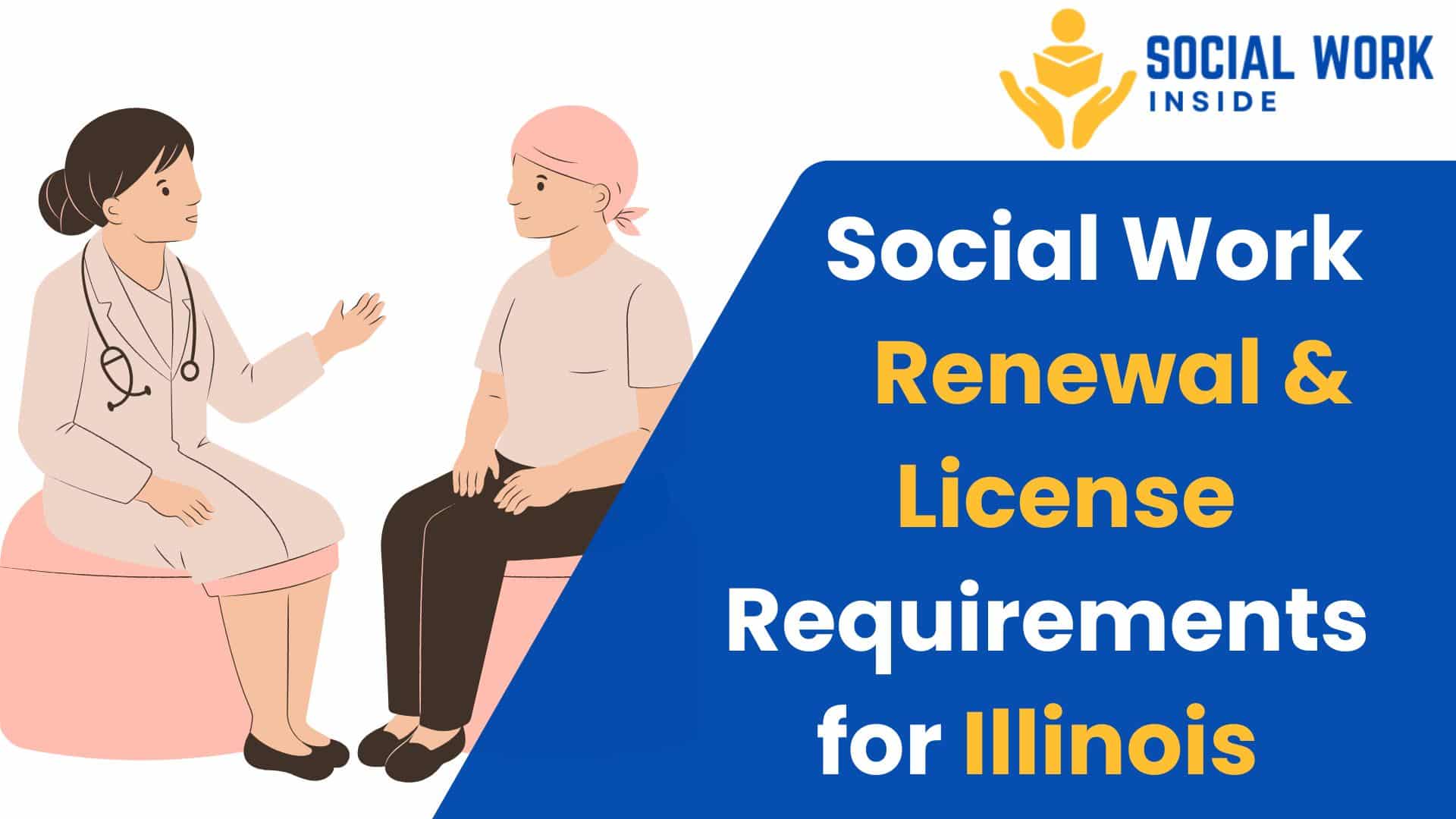
If you love helping people and want to make a difference, becoming a social worker in Illinois is a great career choice. But before you can start working, you need to meet specific license requirements. This guide will take you through each step of the Illinois social worker licensing process, making it simple and easy to understand.
Whether you want to become a Licensed Social Worker (LSW) or a Licensed Clinical Social Worker (LCSW), this guide will help you get there quickly and confidently. Let’s dive in!
Step 1: Get the Right Education: Illinois LCSW Requirements
To get licensed in Illinois, you need a degree in social work from a Council on Social Work Education (CSWE)-accredited program. There are two types of social work licenses in Illinois:
Licensed Social Worker (LSW)
- Requires a Bachelor’s in Social Work (BSW) or a Master’s in Social Work (MSW).
- If you have a BSW, you need three years of supervised experience.
- If you have an MSW, no experience is required.
Licensed Clinical Social Worker (LCSW)
- Requires a Master’s (MSW) or Doctorate (DSW/PhD) in Social Work.
- MSW graduates need 3,000 hours of supervised clinical work.
- Doctoral graduates need 2,000 hours of supervised experience.
Explore Illinois social work programs that offer accredited degrees to ensure you meet these requirements.
Step 2: Gain Supervised Work Experience (For LCSW Only)
If you’re aiming for an LCSW, you must complete supervised clinical work before applying for your license.
- MSW graduates must complete 3,000 hours of supervised clinical work.
- Doctorate holders need only 2,000 hours.
- Experience must be completed within a minimum of two years.
During this period, you’ll work under a licensed professional who will guide you and help you build real-world skills.
Step 3: Apply for Your Social Work License
Once you meet the social work degree requirements, you can apply for your license with the Illinois Department of Financial and Professional Regulation (IDFPR).
What You Need to Apply:
- Completed application form
- Official transcripts from your Illinois social work programs
- Proof of supervised experience (for LCSW applicants)
- Fingerprint background check
- Application fee ($50 for LSW, $100 for LCSW)
Once your application is approved, you’ll be eligible to take the social worker exam.
Step 4: Pass the Social Work Licensing Exam
The next step is passing the social work licensing exam, which is required for both LSW and LCSW applicants. The Association of Social Work Boards (ASWB) administers these exams.
- LSW Exam: ASWB Bachelor’s or Master’s level exam
- LCSW Exam: ASWB Clinical level exam
How to Prepare for the Exam:
Use an Illinois social work license exam study guide
Take ASWB practice tests
Schedule your exam as soon as possible to stay on track
Once you pass, you’re one step closer to becoming a licensed social worker in Illinois!
Step 5: Get Your Official License
After passing your exam, submit your scores to IDFPR. If everything is in order, you’ll receive your social worker credentials, and you’ll officially be licensed to work in Illinois!
At this point, you can start applying for jobs, whether in schools, hospitals, or private practice.
Step 6: Renew Your Illinois Social Work License
Your license isn’t permanent—you need to renew it every two years to stay active. The Illinois social worker license renewal process includes:
- Completing 30 hours of continuing education (CEUs)
- Paying the renewal fee
- Submitting your renewal application to IDFPR
Keeping up with renewal ensures you stay updated with the latest trends and ethics in social work.
Suggested: What are Georgia Social Work License Requirements?
Bonus Step: Advance Your Career!
After you get licensed in Illinois, you can continue growing your career by:
Getting specialized certifications in areas like mental health, substance abuse, or school social work
Pursuing a Clinical Social Work License (LCSW) if you started with an LSW
Joining professional organizations like the National Association of Social Workers (NASW)
The journey doesn’t stop once you get your license—there’s always room to grow and make an even bigger impact!
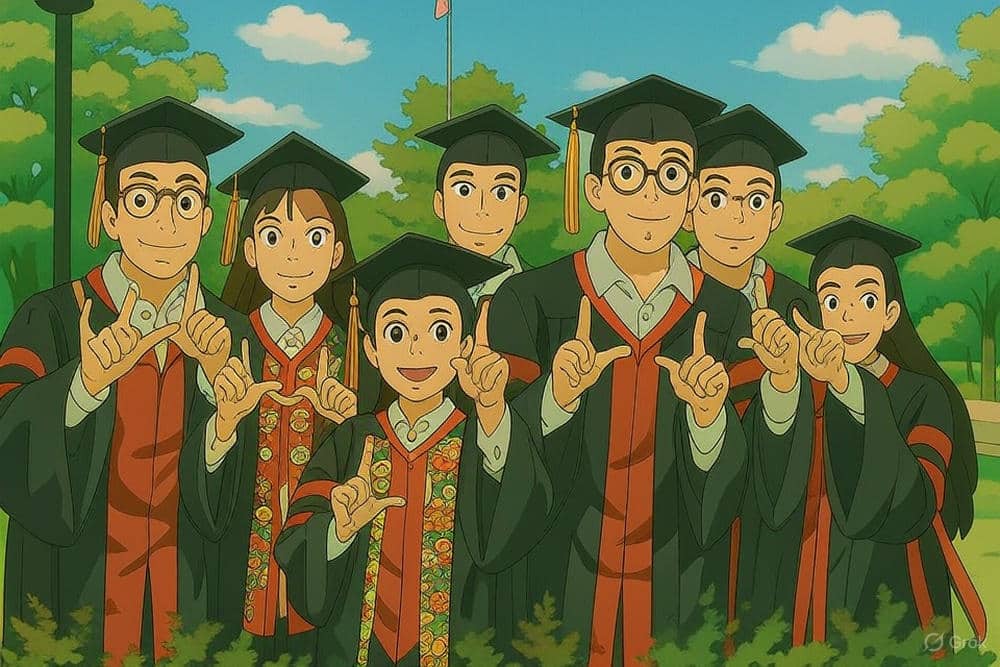
Social Work Programs in Illinois
| School | Format | Enrollment Type | 2024 In-State Tuition |
| University of Illinois Urbana-Champaign | On Campus | Full-Time, Part-Time | $13,776/semester |
| University of Chicago | On Campus | Full-Time | $49,000/year |
| Loyola University Chicago | On Campus, Online | Full-Time, Part-Time | $1,100/credit |
| Aurora University | On Campus, Online | Full-Time, Part-Time | $650/credit |
| Southern Illinois University Carbondale | On Campus | Full-Time, Part-Time | $6,743/semester |
| Illinois State University | On Campus | Full-Time | $9,108/year |
| Northeastern Illinois University | On Campus | Full-Time, Part-Time | $8,232/year |
| Dominican University | On Campus, Online | Full-Time, Part-Time | $850/credit |
| University of St. Francis | On Campus, Online | Full-Time, Part-Time | $6,743/semester |
| Western Illinois University | On Campus | Full-Time, Part-Time | $4,536/semester |
Salary Expectations for Social Workers in Illinois
Social work salaries in Illinois vary by specialization but often align with or exceed national averages, bolstered by a lower-than-average cost of living. Demand is high for mental health and substance use specialists (11% growth projected 2022-2032) and school social workers, especially in rural and urban areas like South Illinois, where salaries can hit $72,690. See the detailed salary table below for specific figures by occupation.
| Occupation | Average Annual Salary | Average Hourly Salary |
| Child, Family, and School Social Workers | $63,590 | $30.57 |
| Healthcare Social Workers | $63,790 | $30.67 |
| Mental Health and Substance Use Social Workers | $56,780 | $27.30 |
| All Other Social Workers | $67,390 | $32.40 |
Source: BLS 2023
Professional Organizations for Social Workers in Illinois
Illinois offers a robust network of professional organizations that support social workers through advocacy, networking, and professional development. The National Association of Social Workers (NASW) Illinois Chapter is a powerhouse, representing over 20,000 social workers with resources on licensing, continuing education, and policy updates. The Illinois Society for Clinical Social Work (ISCSW) focuses on clinicians, offering CEUs, mentorship, and legislative updates. For school social workers, the Illinois Association of School Social Workers (IASSW) provides specialized resources and advocacy to enhance child welfare in educational settings. These organizations are vital for career growth and staying connected in the field.
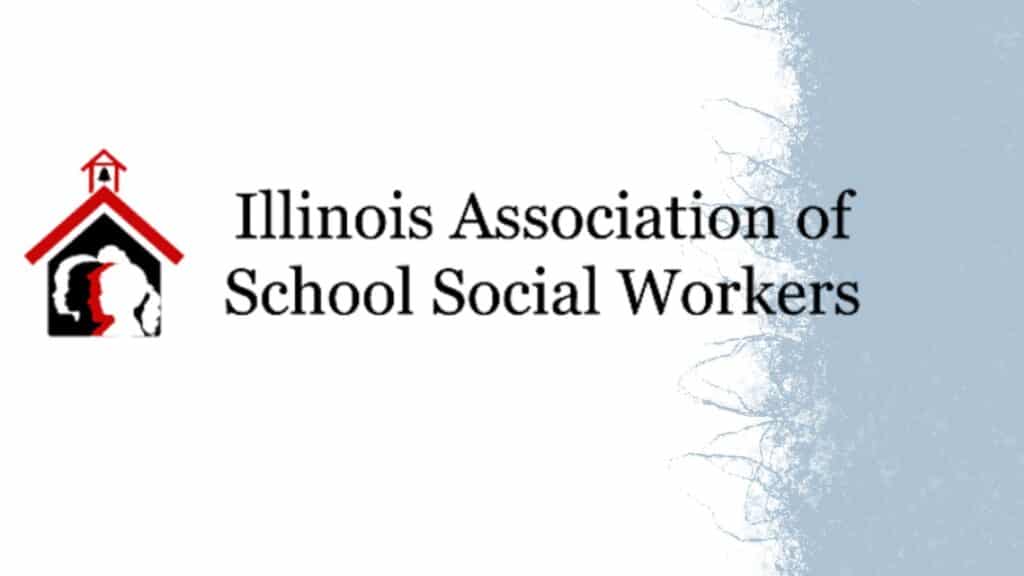
Licensing Renewal and Continuing Education in Illinois
In Illinois, social work licenses (LSW and LCSW) expire on November 30 of odd-numbered years and require renewal every two years. The process, managed by the Illinois Department of Financial and Professional Regulation (IDFPR), costs $60 and mandates 30 hours of continuing education (CE). This includes 3 hours in ethics, 3 hours in cultural competence, and 1 hour in bias awareness, plus training in mandated reporting, sexual harassment prevention, and Alzheimer’s care. CE can be completed online (with a final exam) or in-person through IDFPR-approved providers like NASW-IL or accredited universities. First-time renewals are exempt from CE requirements.
Social Work License Reciprocity in Illinois
Illinois does not offer formal reciprocity agreements with other states. However, licensure by endorsement is available for out-of-state social workers. LCSWs licensed elsewhere for five years without disciplinary action may apply without submitting ASWB scores or proof of supervised hours. Others must provide certification of their education and experience. The IDFPR reviews applications case-by-case, and processing typically takes 4-6 weeks. This flexibility supports mobility, though full reciprocity awaits broader legislative changes like the proposed Social Work Compact Bill.
FAQs


